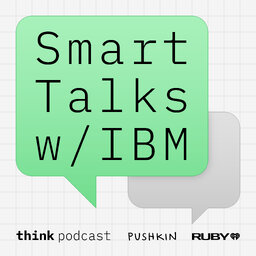Tech News: Cryptocurrency Co-founder Calls Crypto Bad News
A Dogecoin co-founder speaks out against cryptocurrency. Android 12 takes a new spin on auto-rotate. President Biden signs an executive order supporting the right to repair. And what do emoji sound like?
Learn more about your ad-choices at https://www.iheartpodcastnetwork.com
 TechStuff
TechStuff


